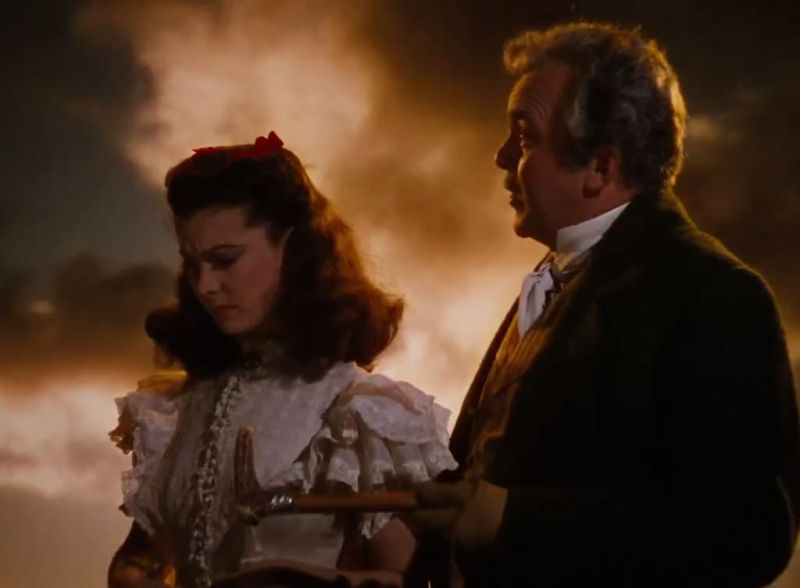Despite the unwarranted prejudice against them,
it was many Irish immigrants, along with Italians, Germans,
and those from the nations of eastern Europe, Russia, and China
who performed much of the back-breaking labor needed to build and
expand the fledgling nation called America from sea to shining sea
during the 18th, 19th, and early 20th centuries.
I'm a decent boy just landed from the town of Ballyfad,
I want a situation, yes, and wants it very bad
I seen employment advertised-"It's just the thing," says I
But the dirty spalpeen ended with "No Irish Need Apply"
"Woah," says I, "but that's an insult, though to get the place I'll try"
So I went to see the blaggard with his "No Irish Need Apply"
Some may think it is a misfortune to be christened Pat or Dan,
But to me it is an honor to be born an Irishman.
Well I started out to find the house, I got it mighty soon,
There I found the old chap seated, he was reading the Tribune,
I told him what I came for, when in a rage did fly
"No!" he says, "you are a Paddy, and no Irish need apply!"
"It's proud I am that I'm Irish"-Gerald O'Hara
"Gone With The Wind"
(1939)
Well I gets my dander risin' I'd like to black his eye,
To tell an Irish gentleman, "No Irish Need Apply"
Some may think it a misfortune to be christened Pat or Dan,
But to me it is an honor to be born an Irishman.
Well I couldn't stand it longer, so ahold of him I took,
And I gave him such a whelping as he'd get at Donnybrook,
He hollered "Milia murther " and to get away did try
And swore he'd never write again, "No Irish Need Apply".
Well, he makes a big apology, I bid him then good-bye
Saying, "when next you want a beating" write, "No Irish Need Apply"
Some may think it a misfortune to be christened Pat or Dan,
But to me it is an honor to be born an Irishman.
"No Irish Need Apply"
Pete Seeger
(1954)
Irish immigrants at work on the transcontinental railroad
Utah Territory
(1860's)
(1860's)
"No Irish Need Apply"
Lyrics by John F. Poole
(1862)




No comments:
Post a Comment